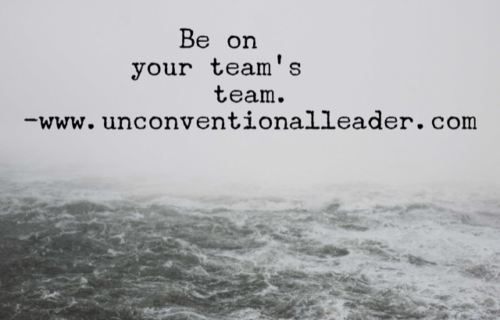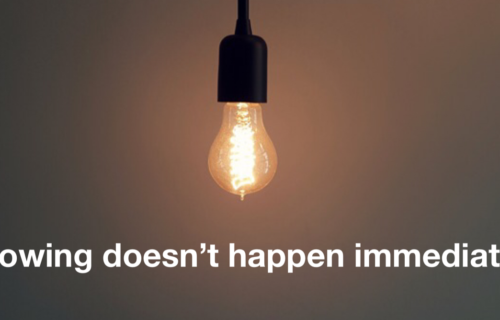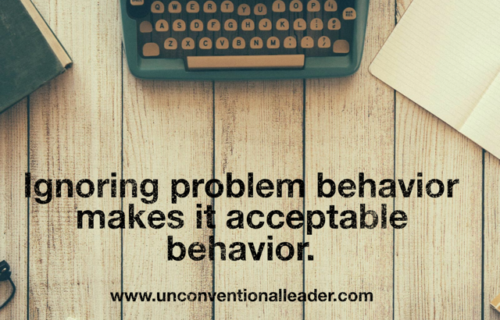Value Leads To Engagement
 Recently, I was in a meeting and heard a CEO say, “All units of work have the same value.”
Recently, I was in a meeting and heard a CEO say, “All units of work have the same value.”
I’ve known this and have practiced it but had never heard it put so simply before. As a leader, it’s easy to forget what goes into the whole of moving the team forward. We get busy and can take for granted that “things” will just get done. Without valuing each unit of work and the individual doing them, team members can turn unmotivated and start to feel apathetic. In 25 years of leading others, here is how I’ve tried to value all units of work and the person doing them.
First, I value the person. Each person brings something unique to the team. I have always envied my “Spock like” logical co-workers who approach each task as if they’re about to perform brain surgery. That’s not me and not in my “gift set. “What I do bring is passion for the task and creativity in getting it done. Those that have recognized this and valued it, motivated me to do more. As a supervisor, when I took the time to get to know my people, know their gifts and fit the job to their strengths, we were able to get more done as a team – each and every time.
Second, I value the contribution and each unit of work. Let’s face it, we spend most of our waking hours at work or thinking about work. In the end (as human beings), work has to mean more than just a paycheck. Each of us (including myself) wants to feel that we’re making a difference in some way – that our contribution to the end result matters. The easiest way to let people know is, yes, to just tell them. Let them know the “why” of what they do and how important it is. Telling a person is the first step – rewarding them for it is the second (a THANK YOU is a great start).
Third, I value the relationship. I’ve had very few jobs in my life where I woke up and thought, “HOLY CRAP!! I GET TO DO THIS TODAY!” For me, the joy in work has come partly from the type of work but mostly from the people I worked with. If we enjoyed each other, had fun, and were able to connect on a personal level, I was in my element. I am not saying that I have to be everyone’s best friend. That’s not possible. As leaders, we can’t be friends with everyone but we can create the type of environment where people flourish. This is done by sharing our time, our talents and our story. Anytime I’ve shared my story with another, it showed my humanity and encouraged them to do the same.
In today’s world, we’re all trying to do more with less and leverage what little we have left. If we want to move forward we have to value all units of work. This can’t be done via email or by sitting, loftily, in our office. It’s done by getting out and about, listening and by valuing the person, the contribution, and the relationship.





